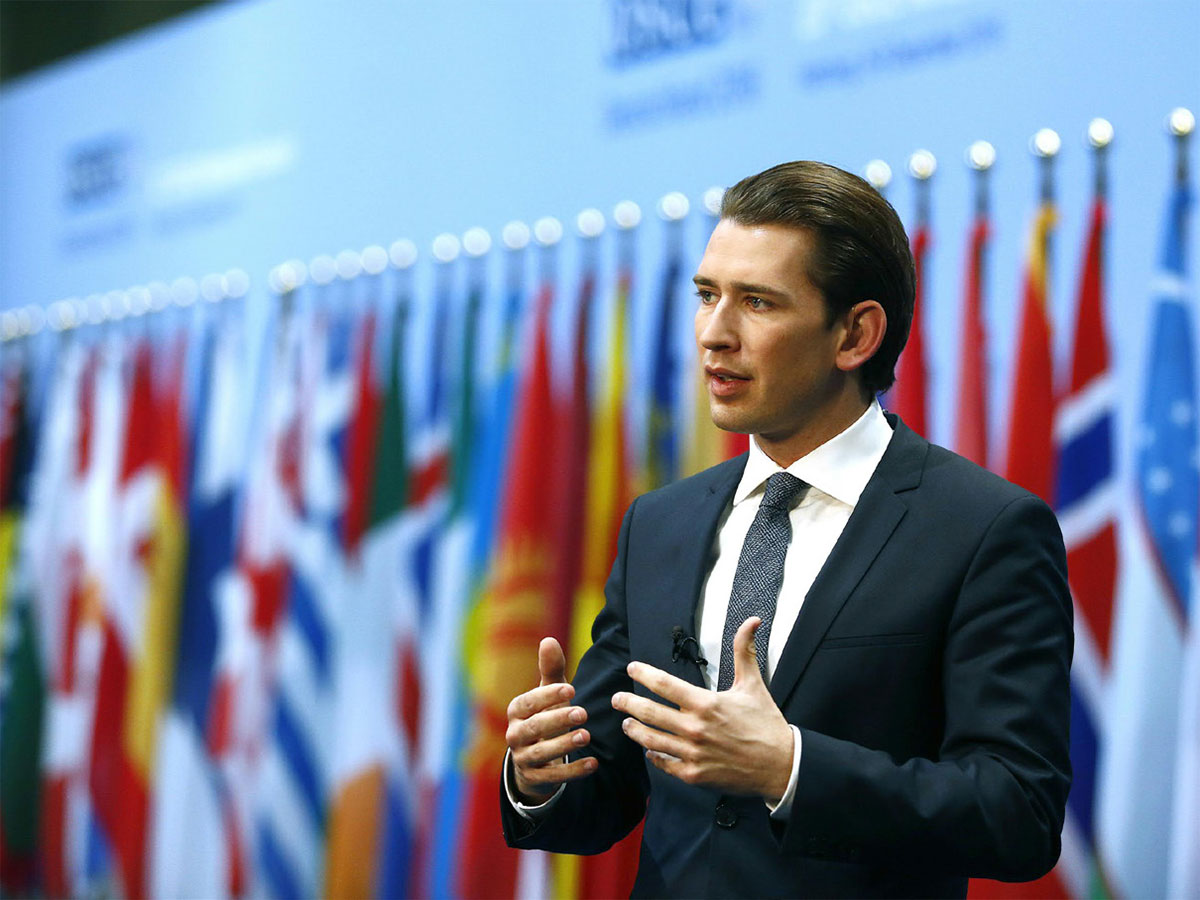2017 in Review: OSCE
22 Dec 2017
By Center for Security Studies
Contested History: Rebuilding Trust in European Security
In this Strategic Trends 2017 chapter, Christian Nünlist explores how different interpretations of the recent past have contributed to Russia’s disengagement from Europe’s post-1991 peace order. While the current separation doesn’t constitute a new Cold War, both parties would be wise to 1) reconstruct their shared and contested history, and 2) take stock of their missed opportunities. Otherwise, the lack of trust and insecurity that presently mar Russian-European relations will continue.
The OSCE and the Future of European Security
According to Christian Nünlist, Austria faces a daunting task while chairing the Organization for Security and Co-operation in Europe (OSCE) this year. After all, redirecting Europe back on the path to collective security will be difficult. Nünlist nevertheless believes that Vienna has the necessary mediation skills to restore the lost trust between Russia and the West, among other tasks.
The Road to the Charter of Paris
In this report, Christian Nünlist, Juhana Aunesluoma and Benno Zogg examine the debates on Europe’s security architecture from 1989 and 1990 that led to the CSCE’s Charter of Paris. More specifically, they carry out this task to 1) reveal lost opportunities to further European security; 2) highlight divergent national narratives about what occurred during this crucial period; and 3) provide a greater understanding of the origins and key elements of the schisms in Russian-Western relations today.
Empowering the OSCE in Challenging Times
Held on 13–14 October at Villa Moynier, Geneva, the OSCE Focus 2017 conference was dedicated to the theme ‘Empowering the OSCE in Challenging Times’. Over 40 high-ranking participants from the OSCE community, including the newly elected Secretary General, engaged in focused, open and frank debates on the need for the OSCE to deal with a rapidly changing geopolitical and security environment and to address the organization’s institutional challenges. The key reflections and recommendations put forward are summarized in this report. The conference was organized by the Geneva Centre for the Democratic Control of Armed Forces (DCAF) in close supportive collaboration with the ministries of foreign affairs of Austria, Italy and Switzerland, and the Center for Security Studies (CSS), ETH Zurich.
Reviving Dialogue and Trust in the OSCE in 2018
This CSS Background Paper was prepared by the CSS' Christian Nünlist and distributed among conference participants with the aim of stimulating the discussion during the OSCE Focus 2017 conference, held in Geneva on 13 – 14 October 2017. The conference was organized by the Geneva Centre for the Democratic Control of Armed Forces (DCAF) in close supportive collaboration with the ministries of foreign affairs of Austria, Italy and Switzerland, and the Center for Security Studies (CSS) at ETH Zurich.
For more information on issues and events that shape our world, please visit the Center for Security Studies´ publications catalogue here.

